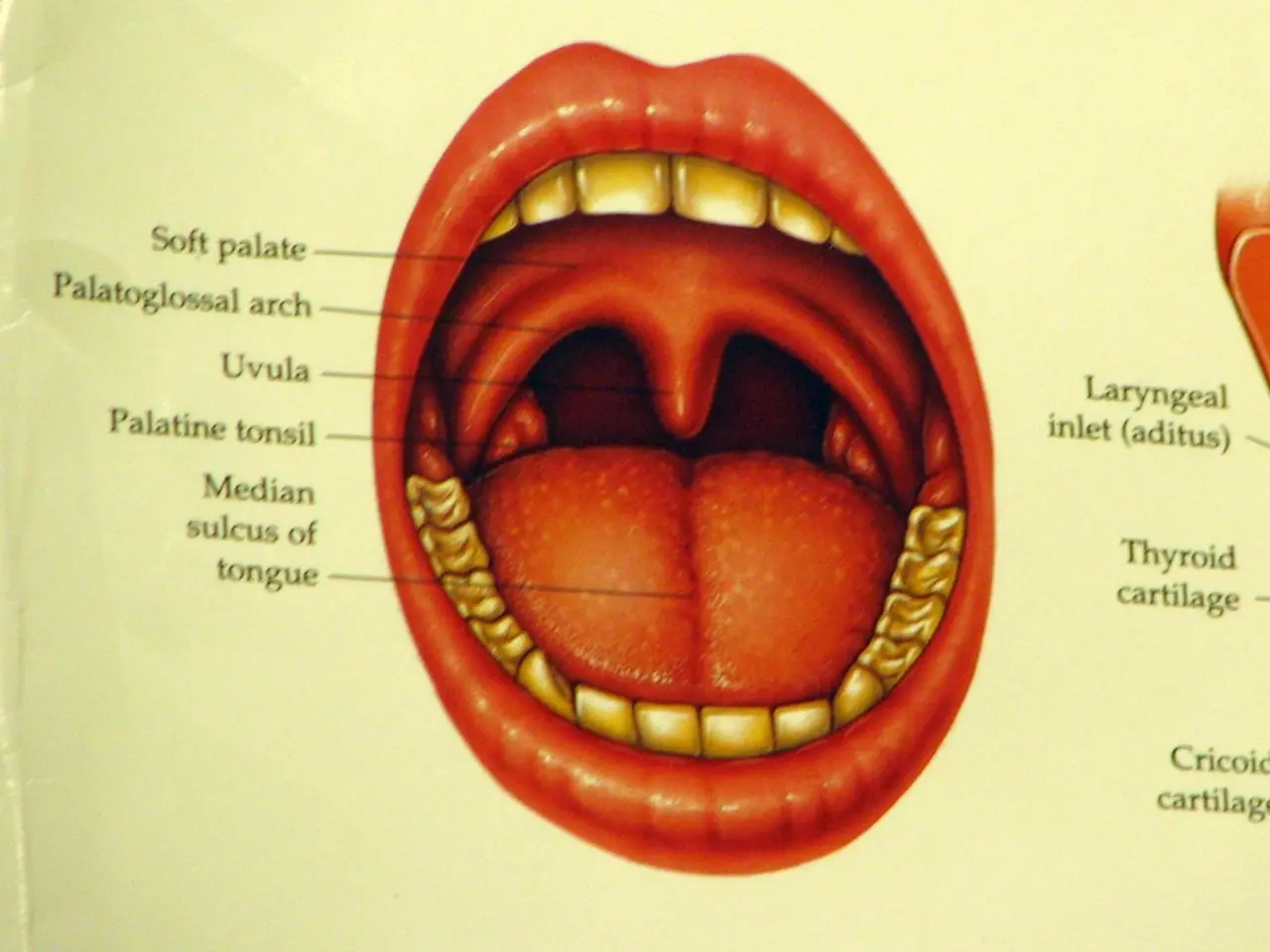Is there a remedy for oral cancer?
Mouth cancer, also known as oral squamous cell carcinoma, is a serious health concern that can be treated through various methods. The National Cancer Institute reports that the overall 5-year survival rate for this common type of mouth cancer ranges from approximately 60% to 65% across all stages.
The choice of treatment for mouth cancer depends on several factors, including the location of the cancer in the body, its stage, whether it has spread, and the size and type of any tumor.
In early stages (T1-T2, or stages I and II), mouth cancer may be easier to cure. Studies show 5-year overall survival (OS) rates around 61.9% to 64.9% and 5-year disease-specific survival (DSS) rates up to about 87.3% for early-stage oral squamous cell carcinoma after surgery.
However, in advanced stages (stage IV or recurrent disease), the median survival drops significantly. One study cites median survival times less than 2 years (approximately 404 to 625 days, depending on additional factors like serum albumin levels).
The key factor in survival is the TNM stage at diagnosis, with stages I-III showing longer mean survival (over 3 years) and stage IV associated with poorer survival outcomes. The variation in reported survival reflects tumor factors and patient characteristics.
Here's a summary of the approximate 5-year overall survival rates for mouth cancer:
| Stage of Mouth Cancer | Approximate 5-Year Overall Survival (OS) | Notes | |----------------------|------------------------------------------|--------------------------------------------| | Early stages (I-II, T1-T2) | ~62% - 65% | Higher survival after surgery | | All stages combined | ~60% - 65% | Reflects broad patient population | | Advanced stages (IV) | Median survival ~1-2 years* | Worse prognosis, varies by health markers |
- Median survival in days from a cohort including stage IV (404 to 625 days) corresponds to roughly 1.1 to 1.7 years.
After surgery for mouth cancer, a person may temporarily require a feeding tube for nutrition. It's important to note that lip and mouth cancer can return after treatment.
Treatment options for mouth cancer include surgery, radiation therapy, chemotherapy, and targeted therapy. Special surgical techniques such as tumor resection, Mohs micrographic surgery, glossectomy, mandibulectomy, maxillectomy, laryngectomy, neck dissection, and reconstructive surgery are used to treat mouth cancer.
In stage IV C, mouth cancer has spread to distant organs, making it difficult to cure. In this case, more aggressive treatment plans may be required.
For those who are eligible, clinical trials for mouth cancer treatment may also be an option.
In conclusion, understanding the stages and survival rates of mouth cancer can help patients and healthcare providers make informed decisions about treatment options. Regular check-ups and early detection are crucial in improving the chances of successful treatment.
- Mouth cancer can be treated through various methods, such as surgery and radiation therapy, which may include specialized techniques like tumor resection or Mohs micrographic surgery.
- Chemotherapy and targeted therapy can also be part of the treatment plan for mouth cancer, especially in advanced stages or cases where the disease has spread to distant organs.
- In patients with advanced mouth cancer (stage IV), survival rates drop significantly, with median survival times less than 2 years depending on additional factors like serum albumin levels.
- For those with mouth cancer that has returned after initial treatment, health-and-wellness therapies, such as targeted therapies or clinical trials, may be available as options for managing the condition and improving quality of life.




